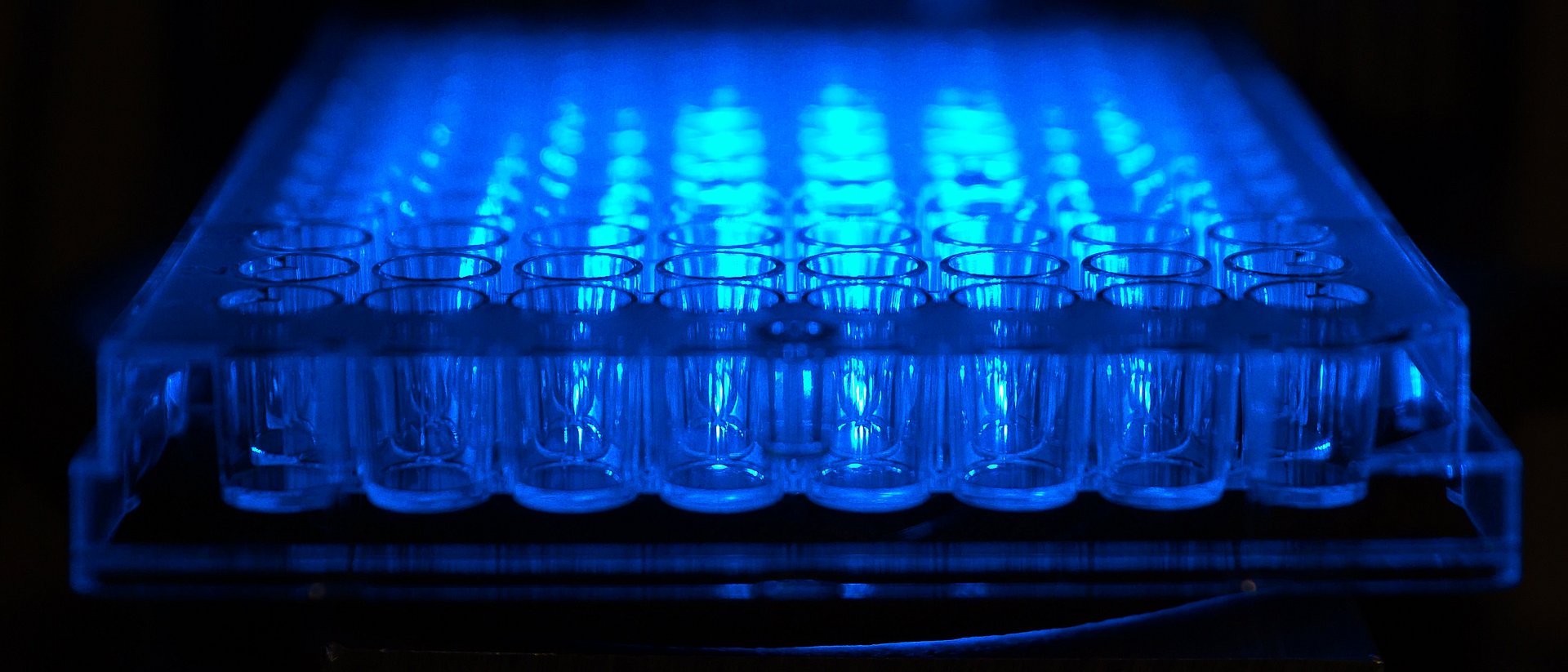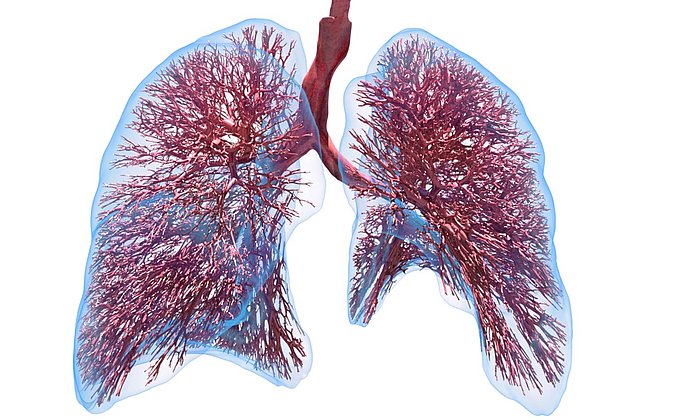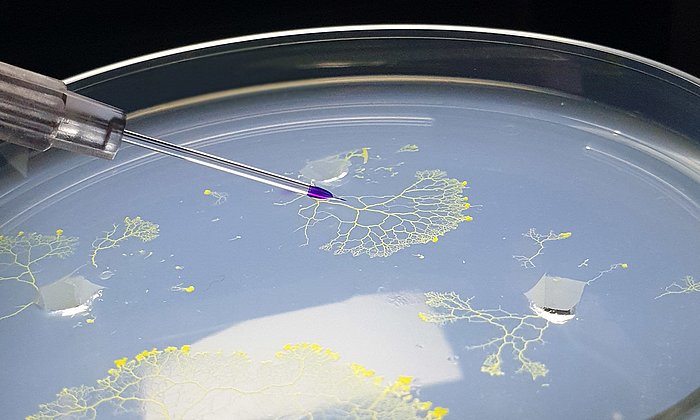ERC Starting Grants for chemistry, medicine and political science
EU funding for five research projects

So far, TUM researchers have succeeded in winning a total of 151 renowned ERC Grants, awarded each year in a variety of categories. ERC Starting Grants are intended for scientists who are still beginning their careers; the Grants are endowed with up to 1.5 million euros.
Prof. Dr. Timm Betz (TUM School of Social Sciences and Technology)
Past research on economic globalization politics has concentrated on large corporations and on the conflicts resulting from their worldwide activities. By contrast, the role of domestic production networks has received little attention. Although many companies are not internationally active themselves, they indirectly participate in relationships with world markets as suppliers and customers of large companies.
Prof. Timm Betz assumes that the mechanisms of globalization cannot be properly understood without considering these networks. In the project "Politics, Institutions, and Production Networks (PINPOINT)" he will thus investigate the characteristics of such economic connections and how governments and communities interact with the networks. His objective is to establish a new understanding of an elementary aspect of economic policy.
Timm Betz is Professor for International Political Economy at the TUM School of Social Sciences and Technology, founded in 2021, and the Bavarian School of Public Policy (HfP) at TUM.
Dr. Robert Ohlendorf (TUM Department of Chemistry)
Signal processes in mammalian brains are often complex. Investigating these processes requires application of high-resolution imaging methods to the entire brain. Past methods have either had disadvantages in resolution, have only been able to depict parts of the brain or have not been sensitive enough to detect very small amounts of neurotransmitters. In his AVATar project Dr. Robert Ohlendorf will improve imaging methods for the brain. In a Proof of Concept study he has already developed initial sensors - "AVATar" - which make it possible for researchers to detect neurotransmitters on the nanomolar scale. Dr. Ohlendorf intends to develop this sensor system further in combination with existing imaging methodologies in order to detect molecules even in very small concentrations and to visualize signaling processes at high temporal and spatial resolutions. This would be an important step towards improved in vivo investigation of molecular signaling processes in the brain.
Dr. Robert Ohlendorf has conducted research at the Massachusetts Institute of Technology (MIT) Department of Biological Engineering.
Dr. Laerte Patera (TUM Department of Physics)
Artificial photosynthesis could make a decisive contribution to the portfolio of renewable energy sources – if the atomic-scale mechanisms were known precisely. Despite great research efforts, there are still important questions unanswered, because the extremely short-lived excited states, so-called excitons, are difficult to measure.
With his project "Watching Excitons in Photoactive Organic Frameworks" (WEPOF), Dr. Laerte Patera aims at filling these gaps. He would like to develop microscopic methods with which the excited states generated by light in organic energy materials can be observed directly to be able to develop new, more efficient materials from the knowledge of the structure-function relationships.
Laerte Patera conducts research at the Chair of Physical Chemistry with a focus on catalysis at the Central Institute for Catalysis Research at TUM. He studied physics at the University of Milan and obtained a PhD in nanotechnology from the University of Trieste.
Dr. Melanie Schirmer (TUM School of Life Sciences)
Incidence rates of inflammatory and autoimmune diseases are increasing dramatically and are often higher in women. Hormones are hypothesized to play a central role in this sex bias. At the same time, the microbes that live in and on our body, the so-called human microbiome, are often linked to disease pathology. Microbes are capable of producing hormone-like signals, can metabolize hormones and regulate their production, while hormones can influence bacterial growth. However, a key understudied aspect is the interplay between hormones and microbes in the human body and the role of these interactions in human health and disease. In her project HEROINE, Dr. Melanie Schirmer will investigate hormone-microbiome interactions as a key player in female health, including their role in infertility and the possibility of using microbiome-based therapeutic strategies to treat these disorders.
Dr. Melanie Schirmer is a TUM Junior Fellow and an Emmy Noether group leader for Computational Microbiome research at the ZIEL - Institute for Food and Health.
Prof. Dr. Cathleen Zeymer (TUM Department of Chemistry)
Enzymes are widely used as efficient and selective biocatalysts. However, the development of artificial enzymes for reactions that go beyond the nature’s synthetic repertoire remains a major challenge.
With her project "Artificial Lanthanide Enzymes for Selective Photocatalysis" (PhotoLanZyme) Prof. Zeymer wants to achieve exactly this: In an evolutionary process, starting from simple proteins with lanthanide ions in their active site, she wants to develop a new class of sustainable photocatalysts whose chiral environment enables stereoselective transformations.
Cathleen Zeymer studied Chemistry at the Technical University of Dresden and the University of California Berkeley. She performed her PhD studies in Biochemistry at the Max Planck Institute for Medical Research in Heidelberg. In 2020 she was appointed as Professor for Protein Chemistry at TUM, where her group is part of the newly established Center for Functional Protein Assemblies (CPA).
Technical University of Munich
Corporate Communications Center
- Paul Hellmich
- paul.hellmich@tum.de
- presse@tum.de
- Teamwebsite



